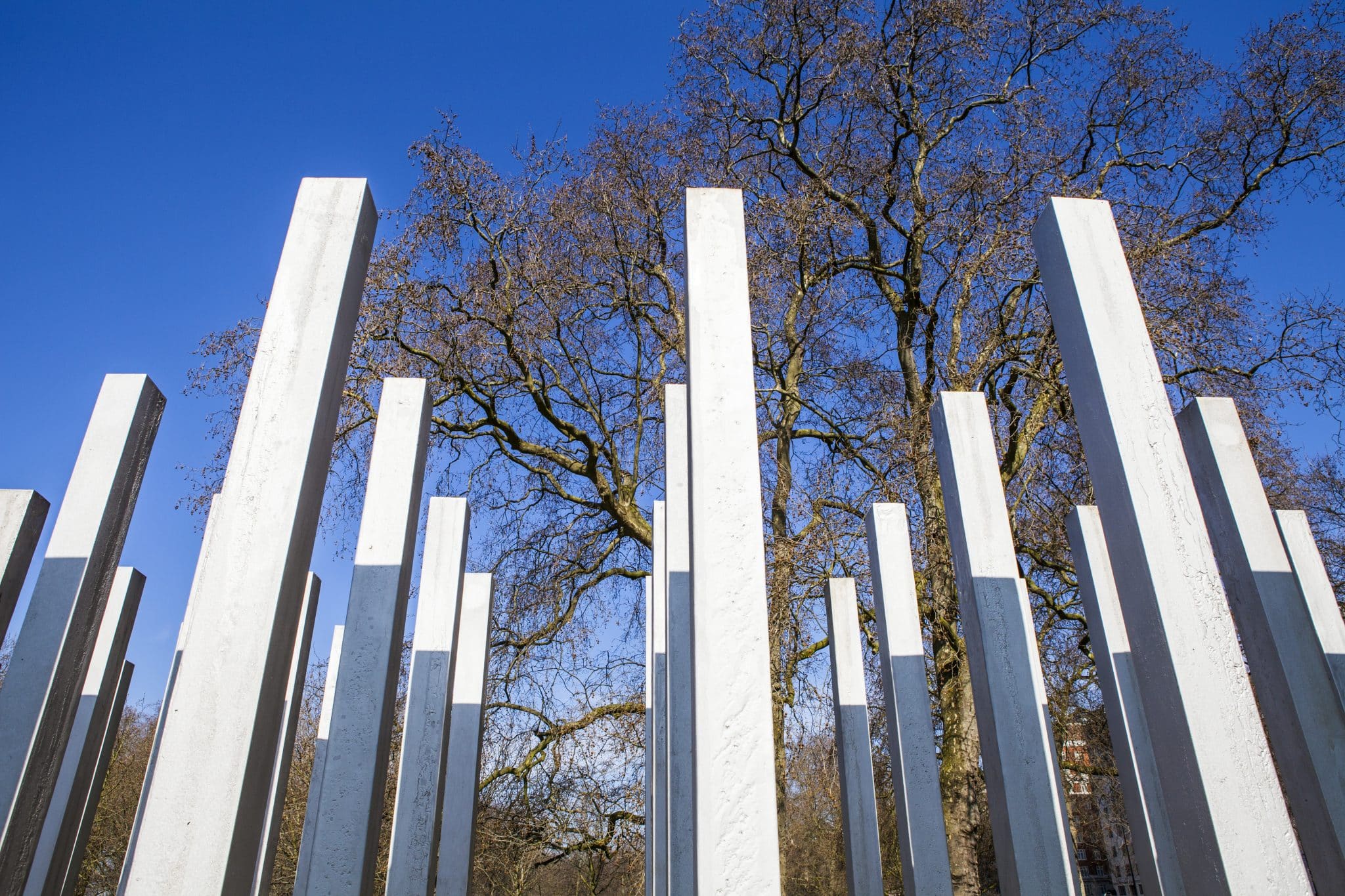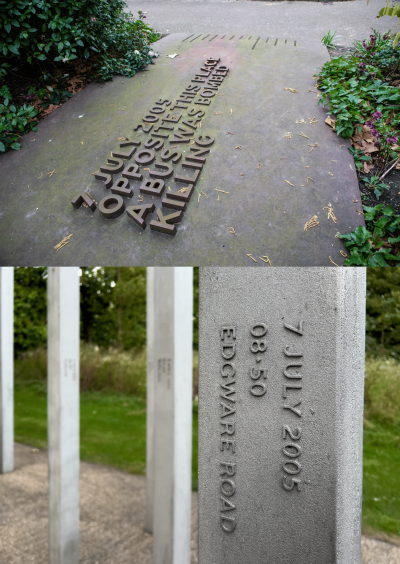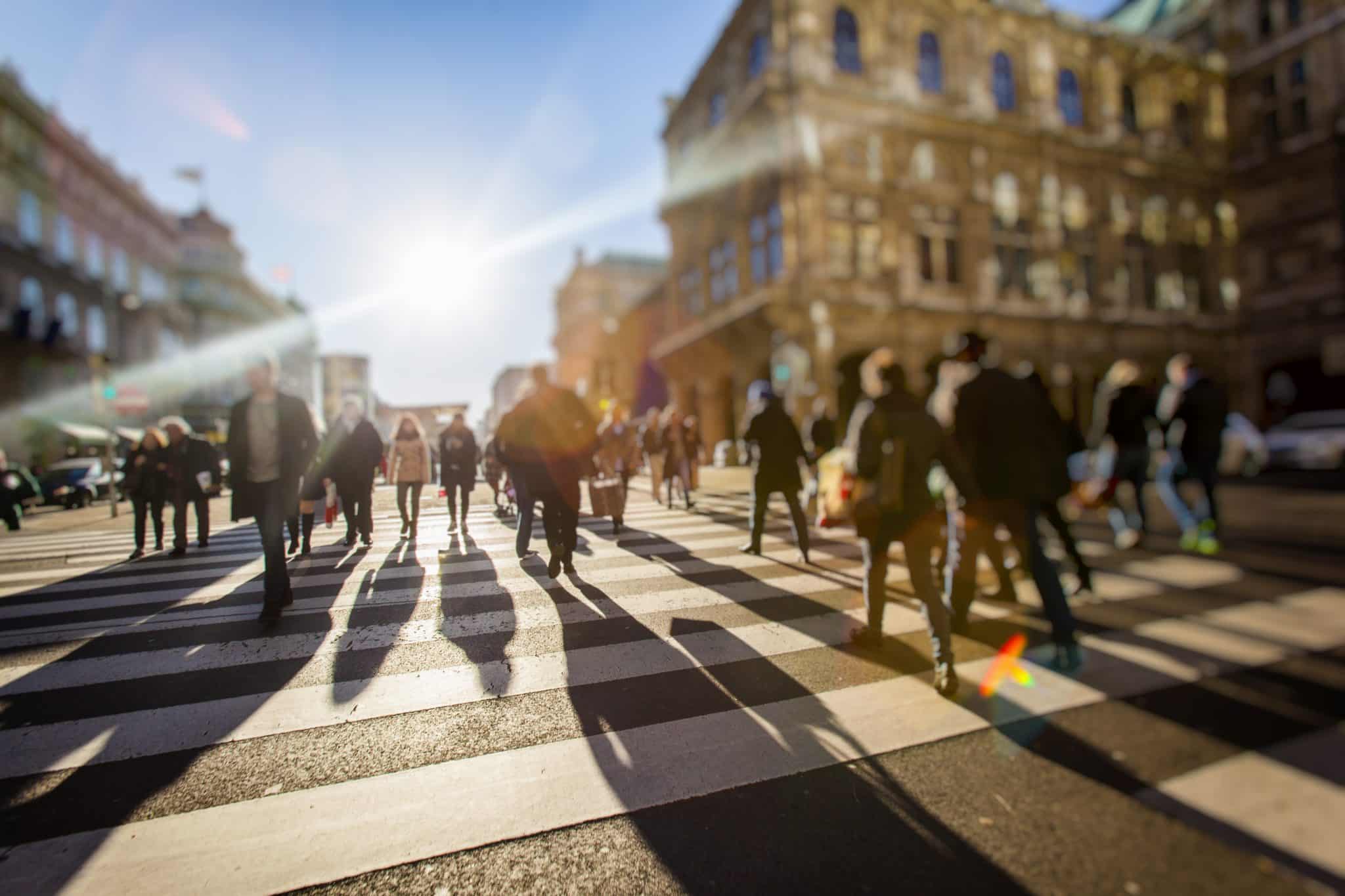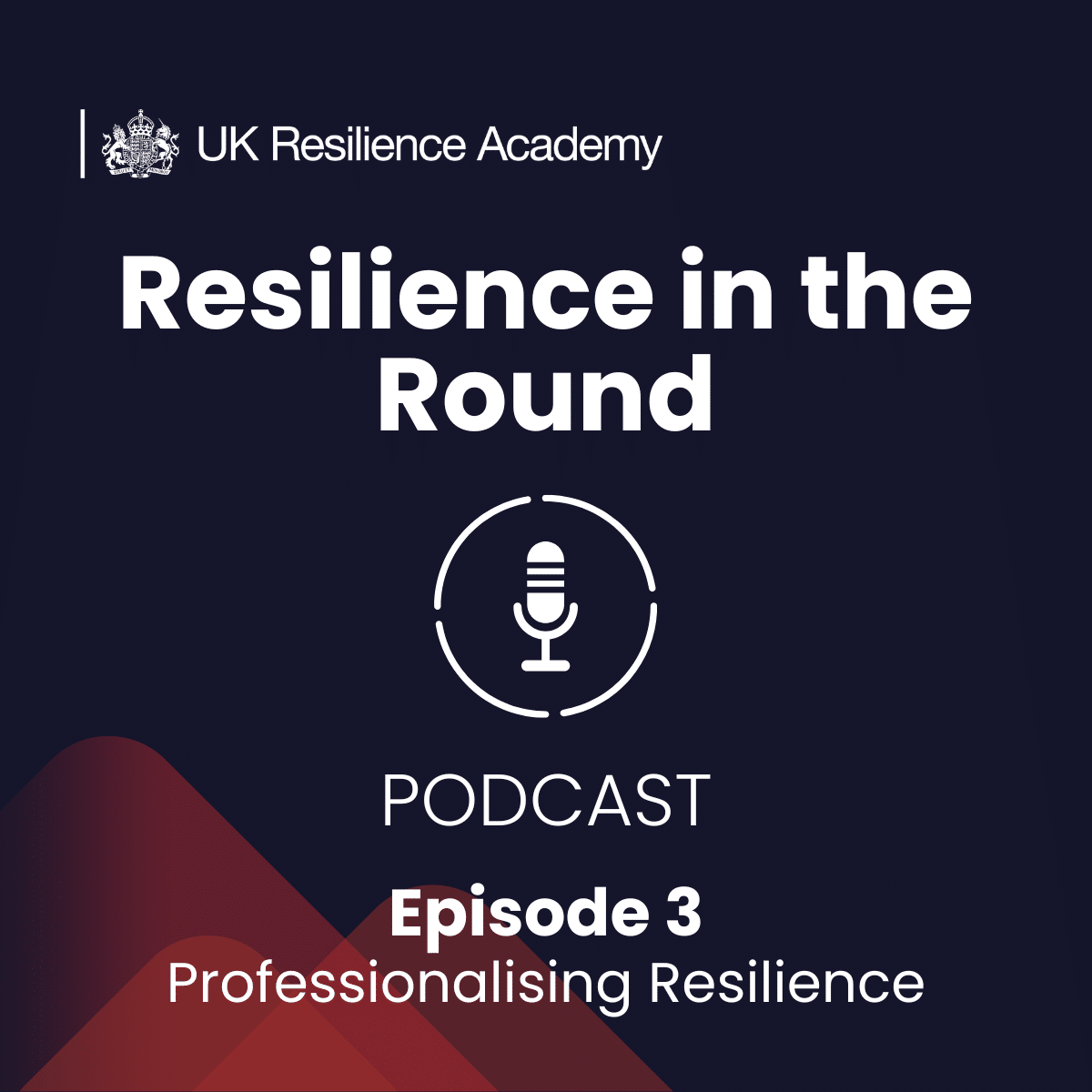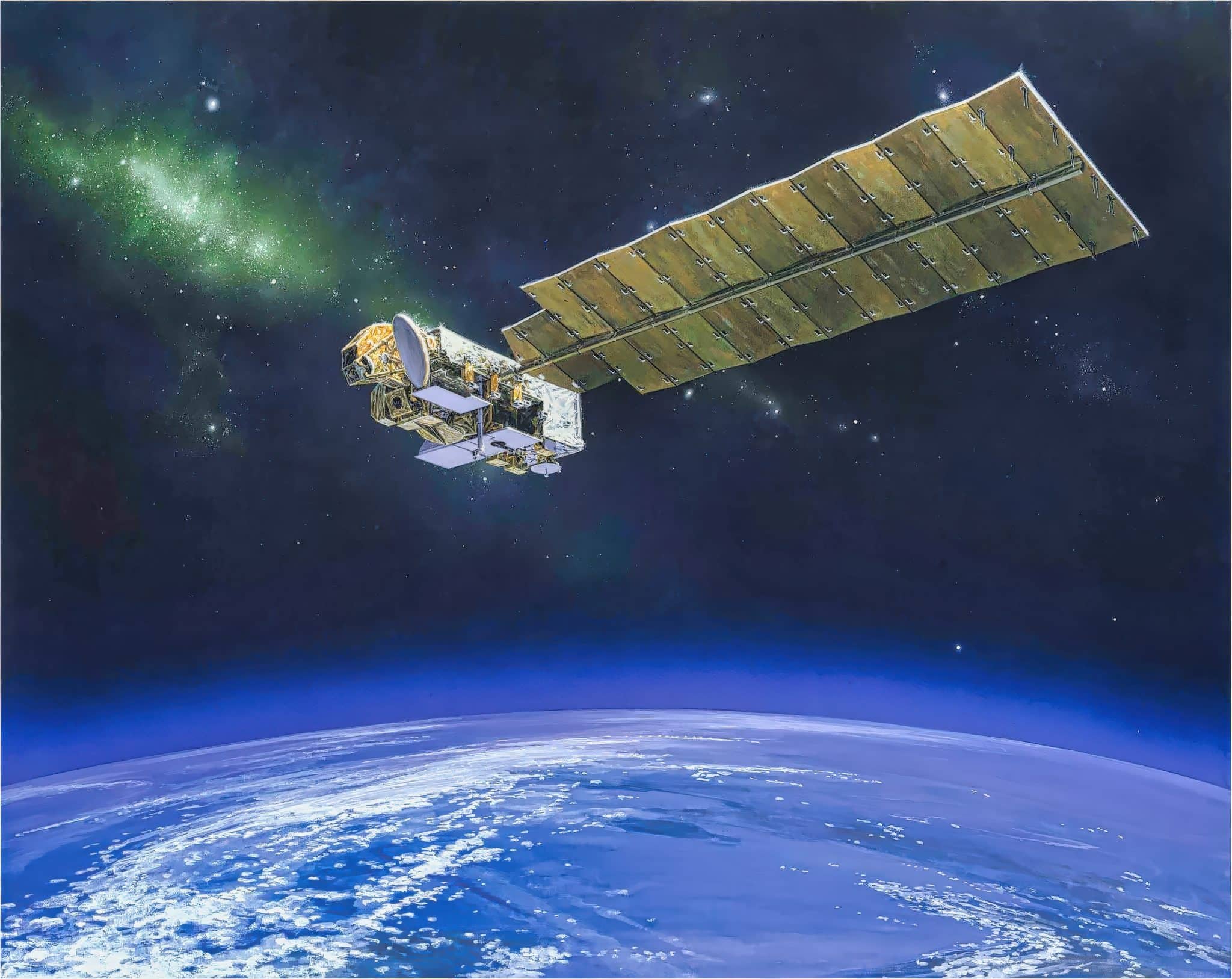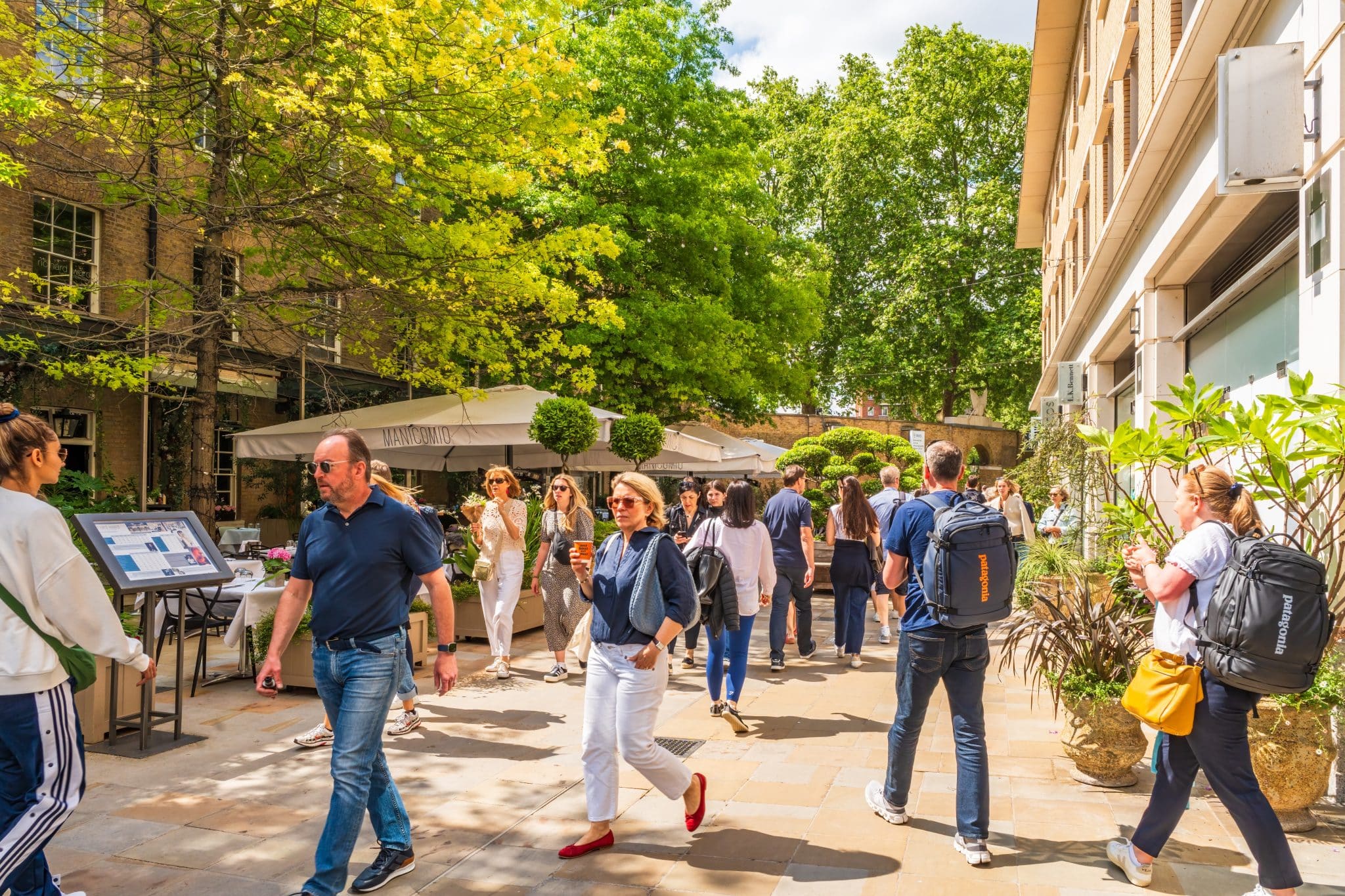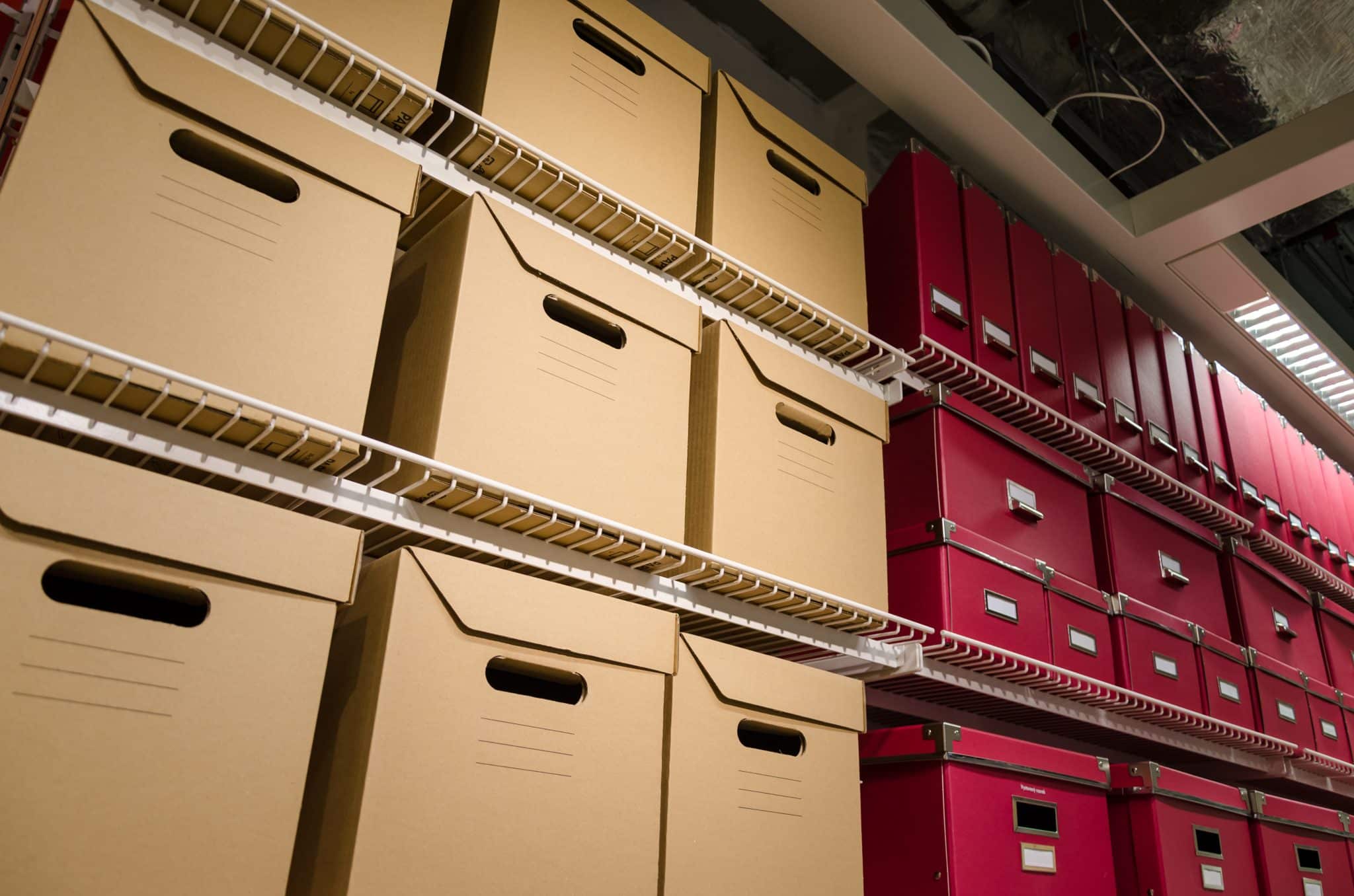During the days leading up to the 20th anniversary of the attack on London’s transport network, and overwhelmingly during the commemorative day itself, there was one personal view that was front and centre of my thoughts; enormous, heartfelt sadness, respect and admiration for all those who were directly affected.
For those who lost loved ones, friends, relatives, colleagues, neighbours and those who were injured, scarred, left frightened. Lonely.
People for whom life was never ever going to be the same again.
Their dignity and bravery shone through during this time. One of the many poignant, emotionally powerful examples was during the readings given at the service in St Pauls Cathedral, while 52 white petals, representing the innocent victims who lost their lives, drifted silently down from the ceiling.
People, who two decades earlier never ever thought they would be in such a public spotlight, conducted themselves in a way that was truly humbling.
From a responder perspective it prompted an emotional reaction accompanied with the sincere hope that on that fateful morning in 2005 we gave everything we could, in our individual and collective response to the attack.
These people showed a true depth of courage and reminded me of the saying that ‘Hero’s don’t always wear capes’.
As a British Transport Police officer the morning of 7th July 2005 I was very much focussed on the 31st G8, World Leaders Summit being held in Gleneagles, Scotland.
I had an operational command for north London, which included Kings Cross and Euston stations and those in the vicinity – including Russell Square tube station.
I knew the area very well, the BTP HQ had been in Tavistock Place for many years, just around the corner from the British Medical Association, a splendid building, and a venue which the force used for commendation ceremonies.
The architecture of its fine public facing façade was shortly to be remembered for very different reasons, for this was the location of the explosion on the number 30 bus.
The planning that had gone into the G8 meeting had been immense, and part of my role that morning was overseeing operations connected with people travelling to Scotland from either of the two London rail hubs.
Around 08.00hrs I was at Kings Cross, or “The Cross” as it was affectionately known. I left the ‘east coast’ departures in the safe hands of my colleague and went to check the west coast departure route from Euston.
Much has been said about initial confusion at 08.50hrs that morning. Suspected ‘power outages’ on the tube and other causes of disruption have been described, but my recollection is a pretty quick identification that the problems were being attributed to some kind of explosion, or, as it turned out, explosions.
There was uncertainty about how many bombs had detonated – caused in part by the pyrotechnic effects of the explosions coming out of both ends of the tube tunnel in which they had occurred.
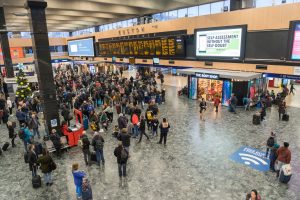
Standing on Euston station concourse around 09.00hrs that morning I was rapidly aware of the enormity of the situation. Explosions at Liverpool Street and Aldgate, and at Kings Cross and Russell Square were, we thought, possibly four devices, not the two it turned out to be.
Moving east to west across London made one fearful likelihood even more profound. Euston was next!
Such was my focus I was possibly less aware of the simultaneous explosion at Edgeware Road, we had to protect Euston.
The station manager, my ‘scribe (loggist)’ and I met amongst the busy, bustling throng of people travelling through the station, the majority at that time having no knowledge of what was taking place.
The decision to close and evacuate a station is that of the duty station manager and we had a courteous, firm and evidence based discussion, with me eventually persuading him to give the order to close it.
I am immensely proud of many things that I was involved in that day and it starts at this point. The collective team of BTP, railway personnel and others closed and evacuated Euston station in less than 8 minutes. For those who perhaps do not know the place, take my word, that is one heck of an achievement!
Trainers, leadership coaches, senior managers and many others often describe the important aspects of ‘decision making’. On that morning I turned to my scribe and said “write down that I am frightened”. He looked at me somewhat puzzled, but I wanted a clear record of the fact that my decisions were unquestionably being affected by the pressure, and uncertainty we were operating under.
Making decisions of this nature at that time I was completely unaware of the fact that by closing Euston we had flushed out from the underground the bomber who later detonated the bus outside the BMA HQ.
Had I known that at the time I cannot say whether I would have made the same decision.
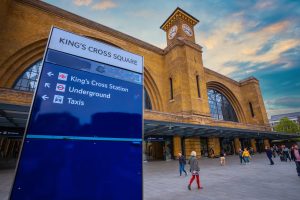 It was around this time I heard one of the most harrowing radio messages ever. My colleague at “The Cross” called up the control and broadcast “I am going downstairs, if I’m not out in ten minutes declare me a casualty as well”.
It was around this time I heard one of the most harrowing radio messages ever. My colleague at “The Cross” called up the control and broadcast “I am going downstairs, if I’m not out in ten minutes declare me a casualty as well”.
Quite rightly, he and many others were later recognised at Buckingham Palace. This was one of many proud moments of immeasurable bravery, dedication to duty and professional commitment that occurred across the capital and beyond, and there were hundreds more examples.
With much of London’s public transport out of action, and police vehicles being used for more pressing purposes, getting officers around was challenging. You can well understand my pleasure when a sergeant and six fine officers arrived at the front of Euston, having run across the city from south of the river to respond and provide whatever assistance they could. “Where do you want us sir?”
Having emptied and made Euston as safe as reasonably possible, and with a solid command structure in place, I went with the skipper and his team to Russell Square.
Hurrying along Marchmont Street it was obvious that the Met were already implementing a cordon around the immediate area. Within its parameters was the Holiday Inn hotel which was being set up as a local Operational Control Point as well as a place where responders could grab a drink and rest for a few minutes. The Tesco Express directly opposite the station was within the cordon and in the absence of commuting customers the manager had said to all the responders, words to the effect “Take what you want but not the booze or the fags!”. What we all wanted was a telephone to make a 10 second call to home to say “I’m OK – tell everyone” then hand the ‘phone to the person behind you. Remember, in 2005 mobile phones were nowhere near as prevalent as they are now, and on the day their signal was disrupted.
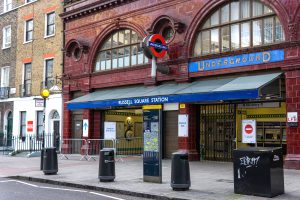 Russell Square station is practically next door to Great Ormand Street hospital and through the waves of responders who were busy and circulating around the station front, I was struck by the appearance of one man.
Russell Square station is practically next door to Great Ormand Street hospital and through the waves of responders who were busy and circulating around the station front, I was struck by the appearance of one man.
He was around 50 years old and when he had set off to work that morning had been wearing the most immaculate (and expensive) grey pin-striped suit, white shirt and matching tie.
He was not so smart now, and he came to me, sleeves and trousers ripped, blackened face and covered in stains making it obvious that he had been downstairs, tending to those most in need. “There’s nothing more I can do down there officer, where do you want me now?”
The response on the day was made up of many examples of individual and multi-agency teamwork, this being one of the more profound that I remember.
A short distance from Russell Square station is the HQ Company Detachment of the London Regiment which also serves as the Armed Forces Careers Office, a large property which includes a gym which BTP used for some training activities.
The Major based there and I knew each other, and what happened next is a good example of ‘make friends before you need them’. The control centre at the nearby hotel was discussing suitable venues for essential operational phases, including temporary mortuary facilities, and the Major described how his team had cleared the gym and other buildings and the whole property was completely at our disposal.
What came next put me under the greatest personal and professional pressure I have ever experienced during my 33 year police career. Re-opening Euston.
By now it was mid afternoon and the six o’clock news was fast approaching. Whilst most of the daily users of Euston no longer had any inclination of travelling this was about broadcasting to the world that London could, and would withstand this attack, and we were returning to business as soon as we safely could. But not business as usual!
Again, the response is about teamwork. A planned and methodical approach to thoroughly search the entire station and underground network, followed by a controlled re-entry of staff, making sure they were safe and that only the correct people were allowed in. We had to ensure the security of high value locations such as booking offices, and much, much more.
The pressure I was under to achieve this was unspeakable. Forget the Gold, Silver, Bronze communications structure, I was receiving messages directly from the offices of senior government departments, as well as from within the established command chain, constantly and unremittingly demanding progress updates so that the BBC, Sky and others could broadcast that London was open for business.
The team did it! By the time we opened there were very few commuters but a great many outside broadcast news teams talking direct to their cameras about how terrorists would not stop London.
And they won’t.
I have paused a couple of times writing and reviewing this reflective piece; made a few cups of tea, taken some fresh air and had a couple of quiet moments to myself.
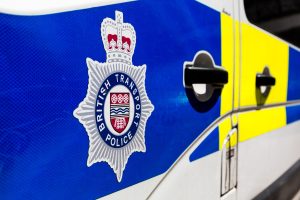 I was the only officer from BTP to be commended by the Commissioner of the Metropolitan Police, for “outstanding leadership” and I am proud of that as well, but I will never gloss over the fact that a leader without a team cannot achieve anything!
I was the only officer from BTP to be commended by the Commissioner of the Metropolitan Police, for “outstanding leadership” and I am proud of that as well, but I will never gloss over the fact that a leader without a team cannot achieve anything!
As responders I believe we gave our all. It wasn’t enough to prevent the attacks but our response was everything we could give on the day.
I hope from the bottom of my heart that the people I referred to at the start of this reflective piece can take a tiny crumb of comfort in knowing that on the day we gave you all the very best we could.

Article written by Willie Baker, Associate at the UK Resilience Academy.
